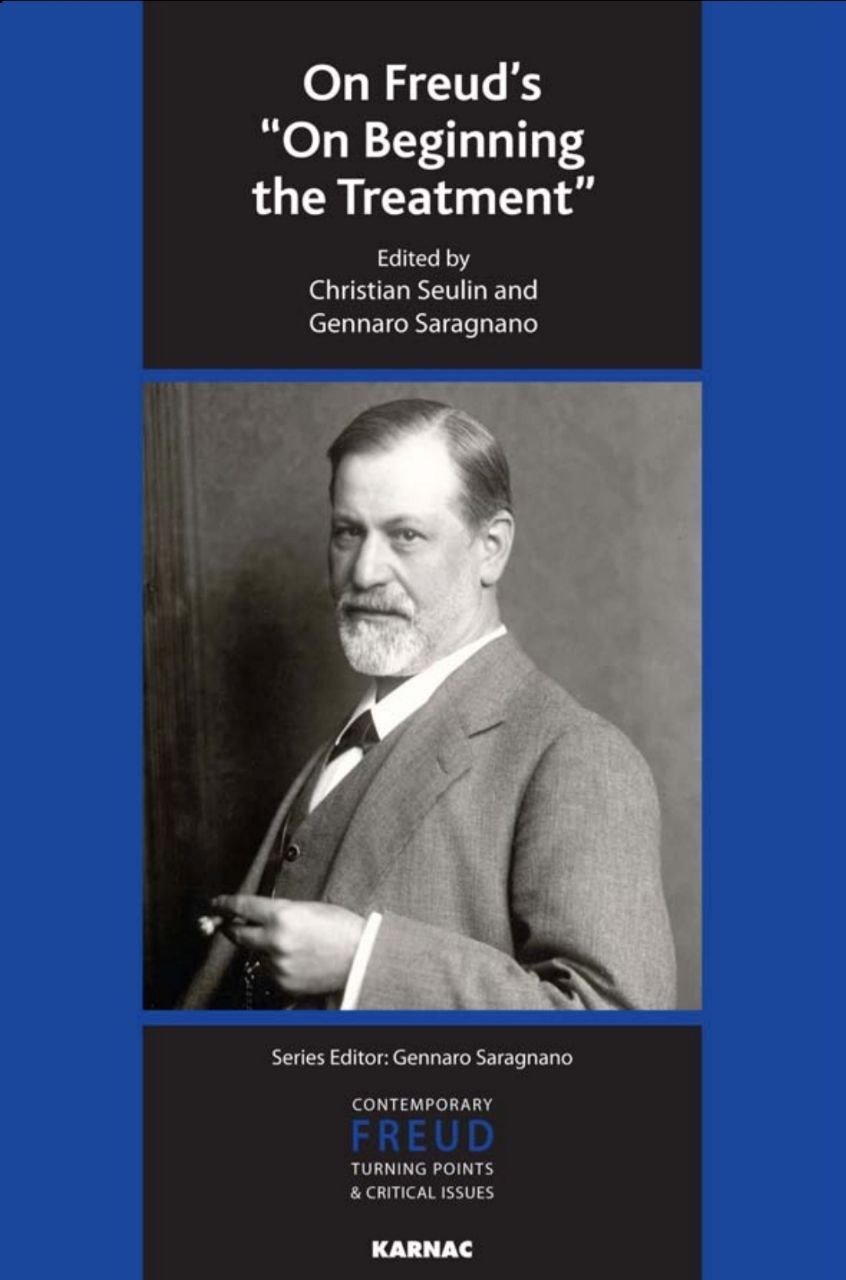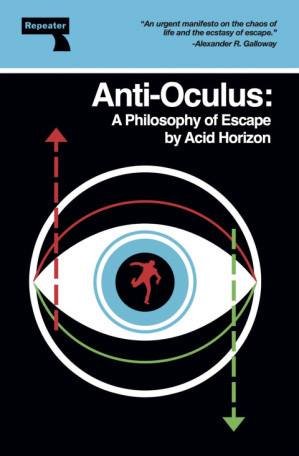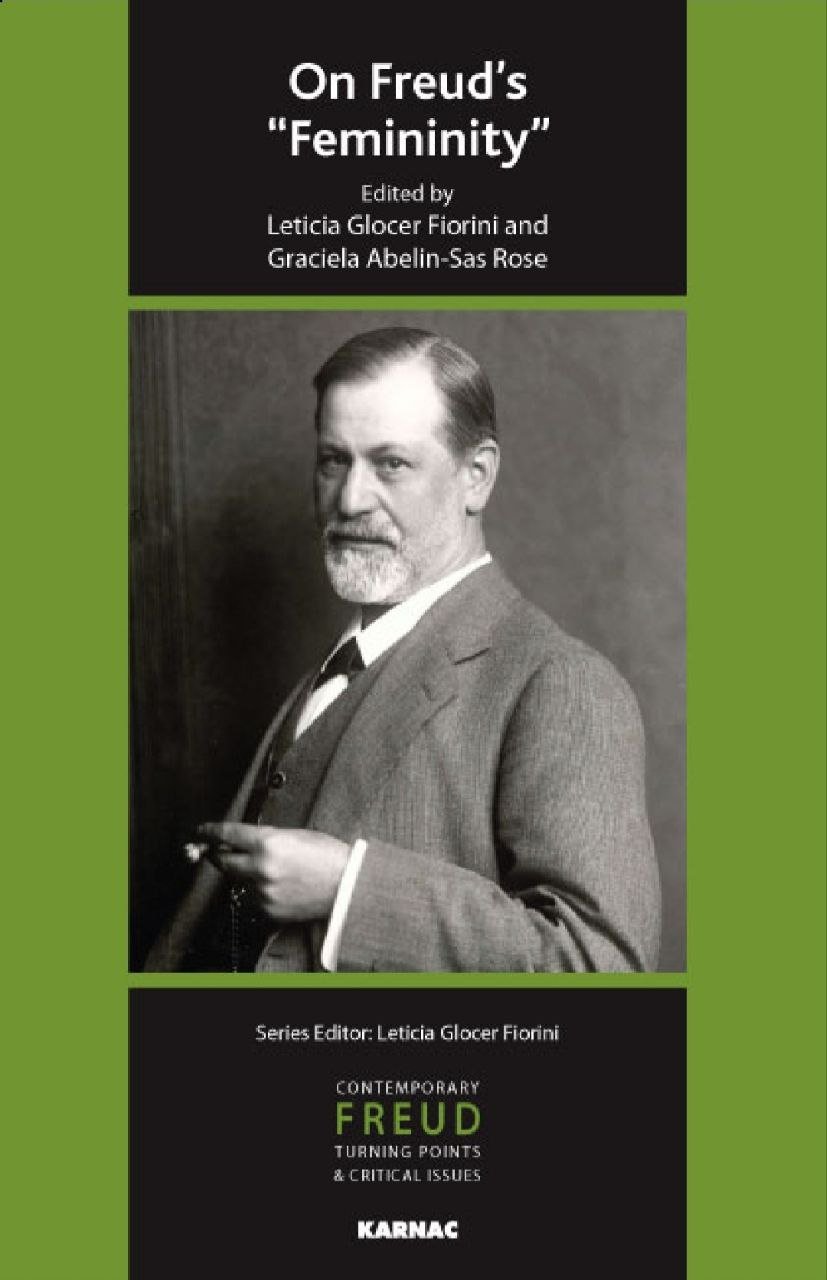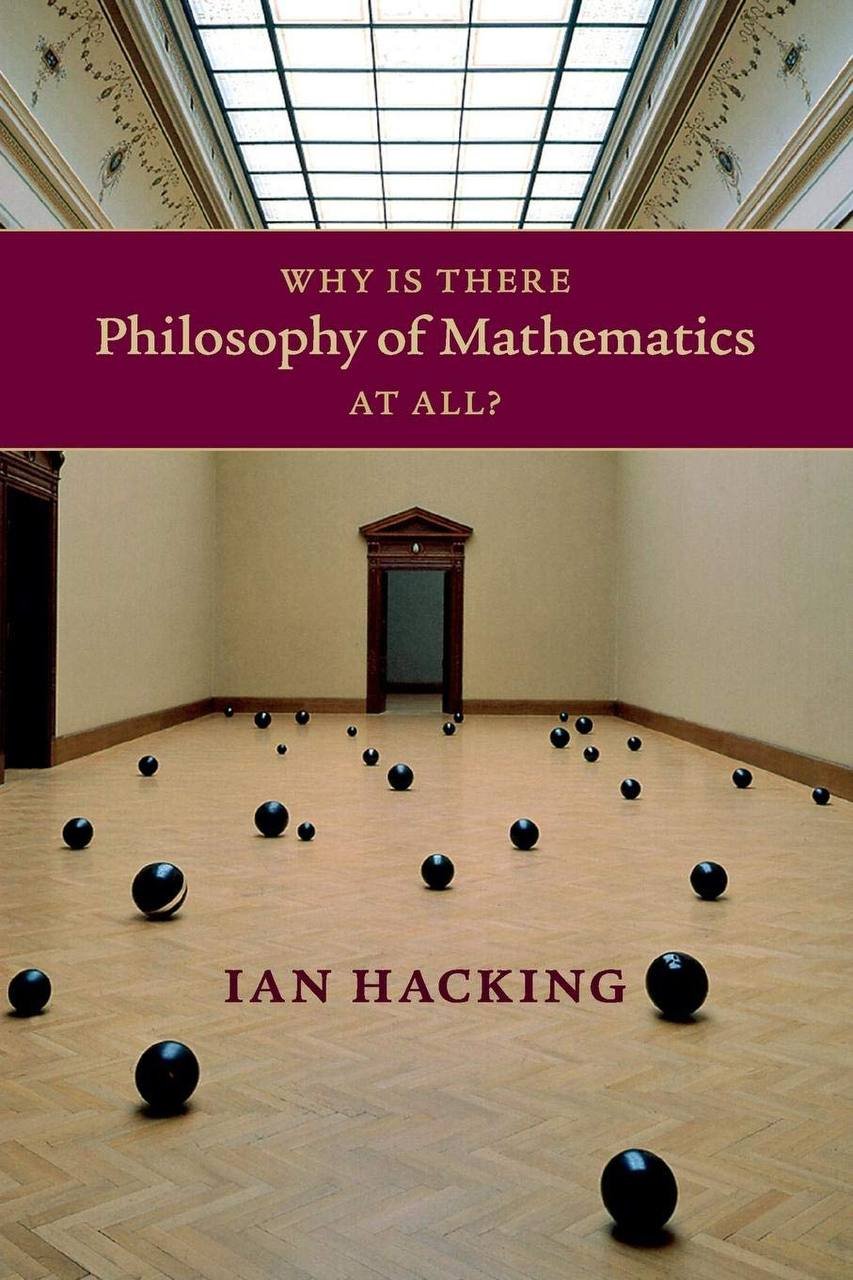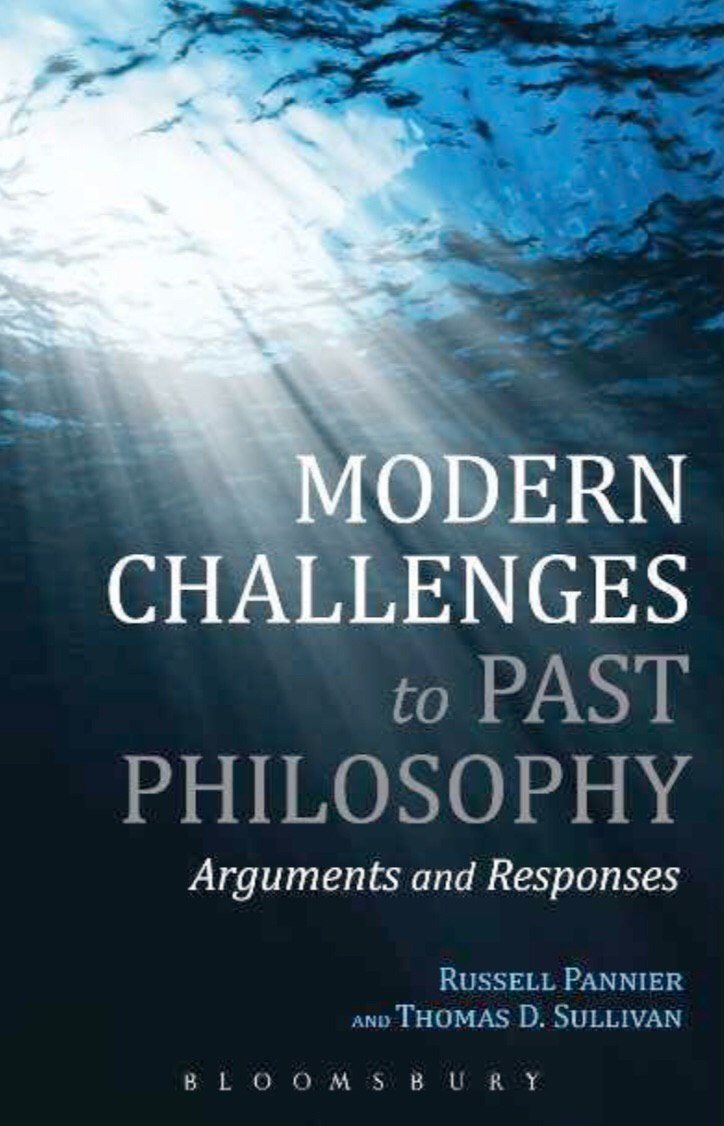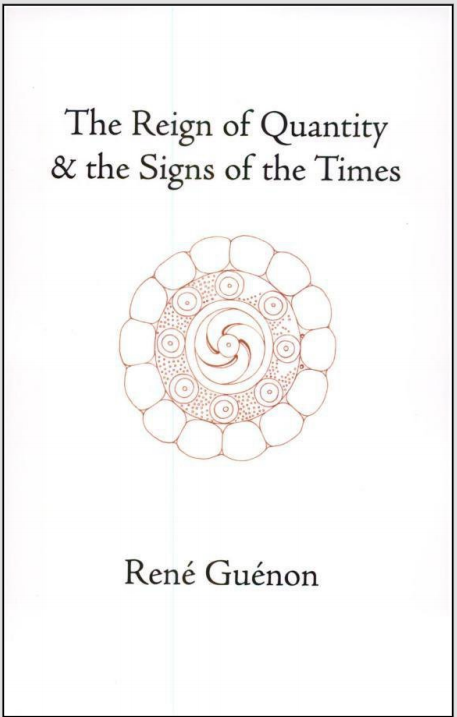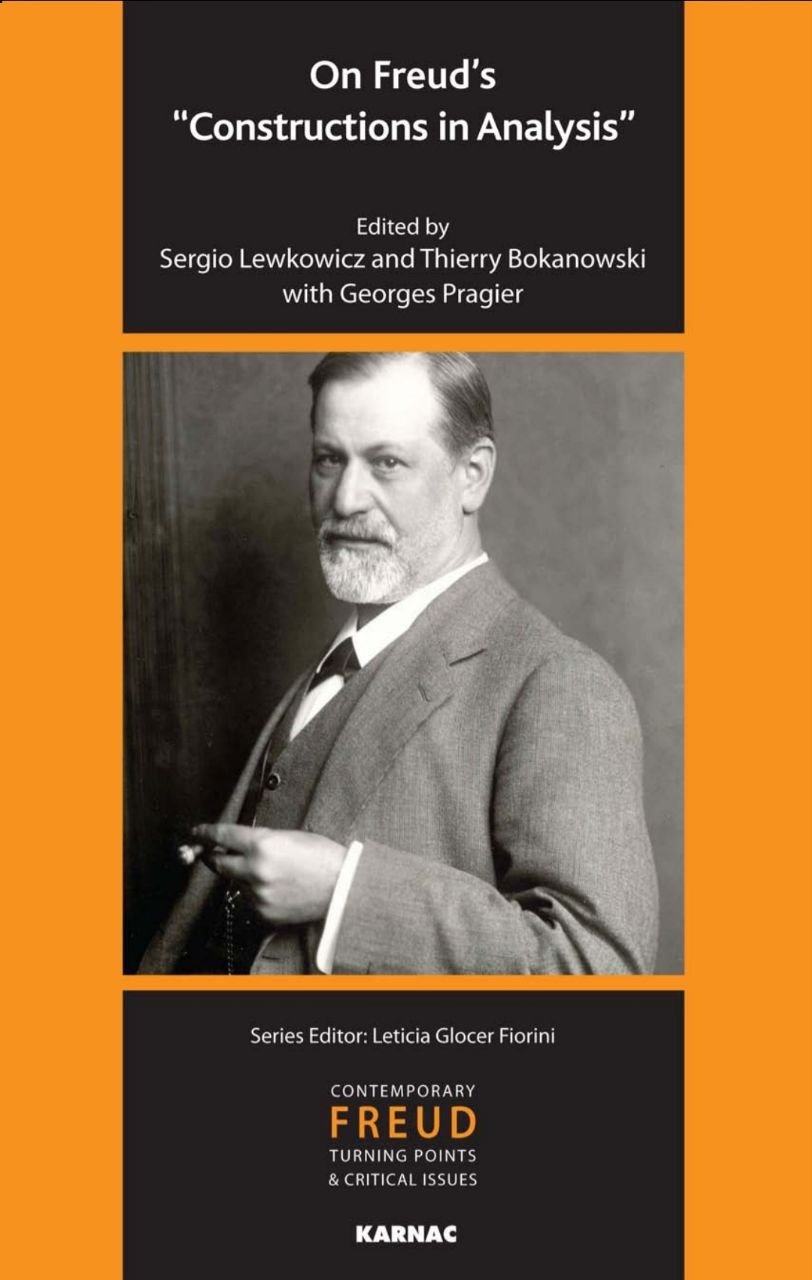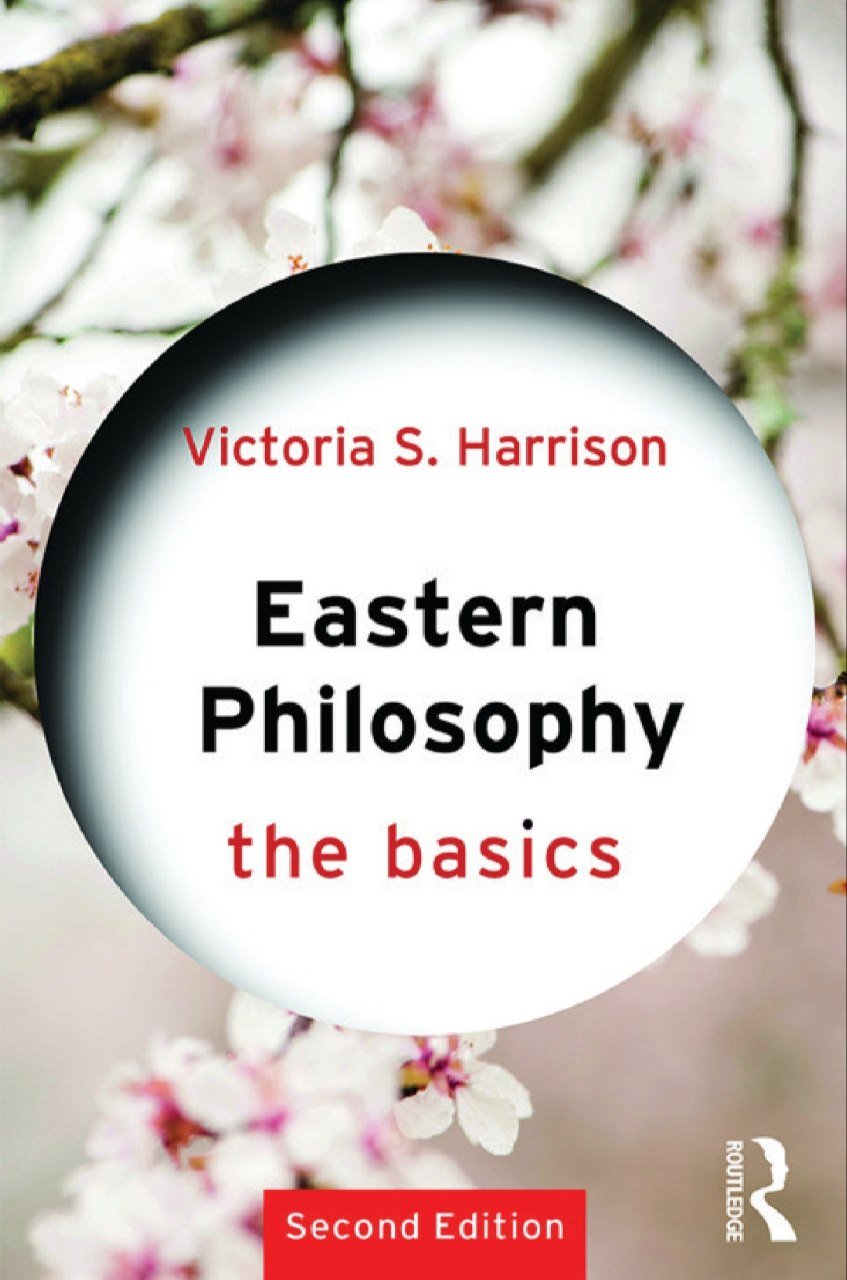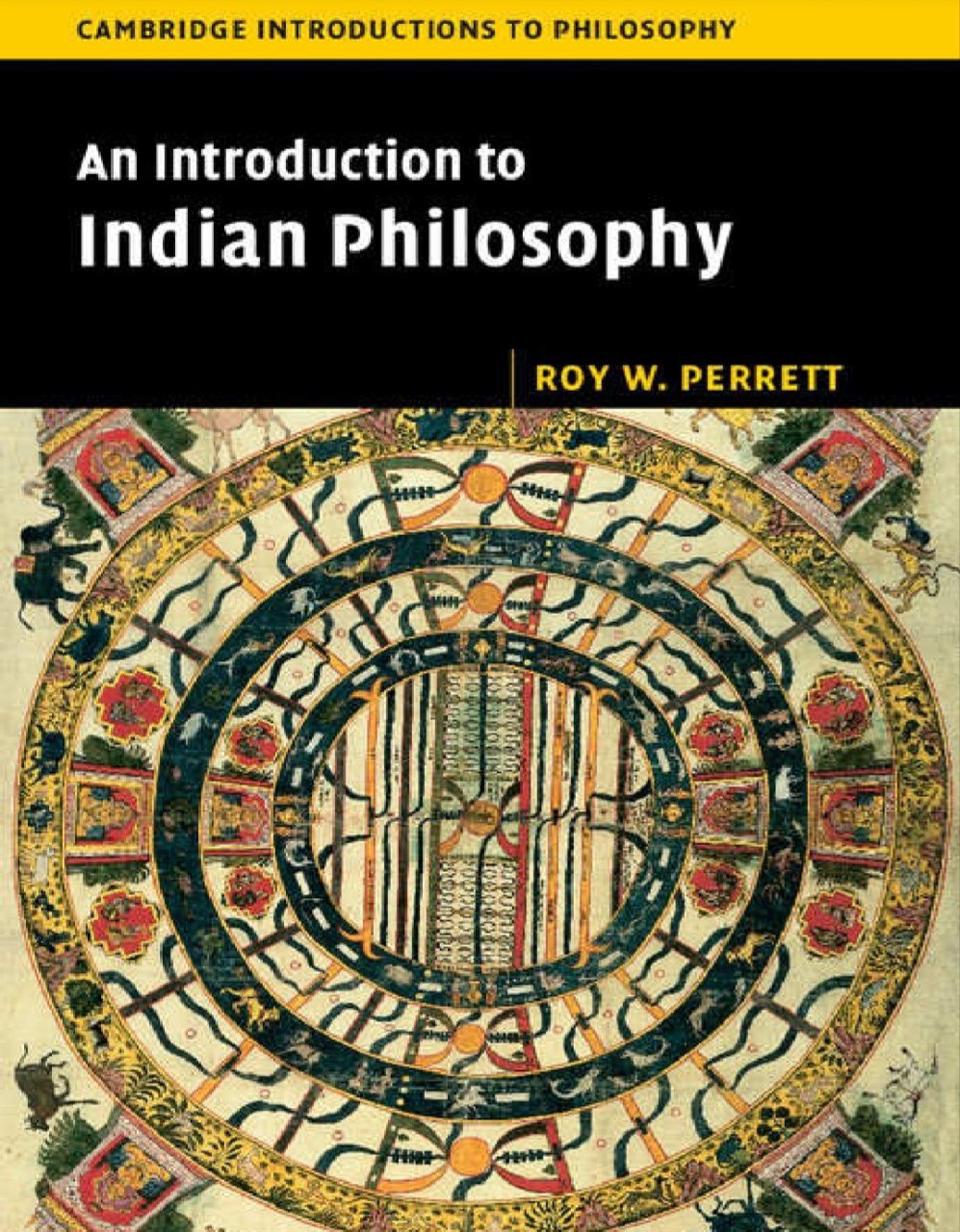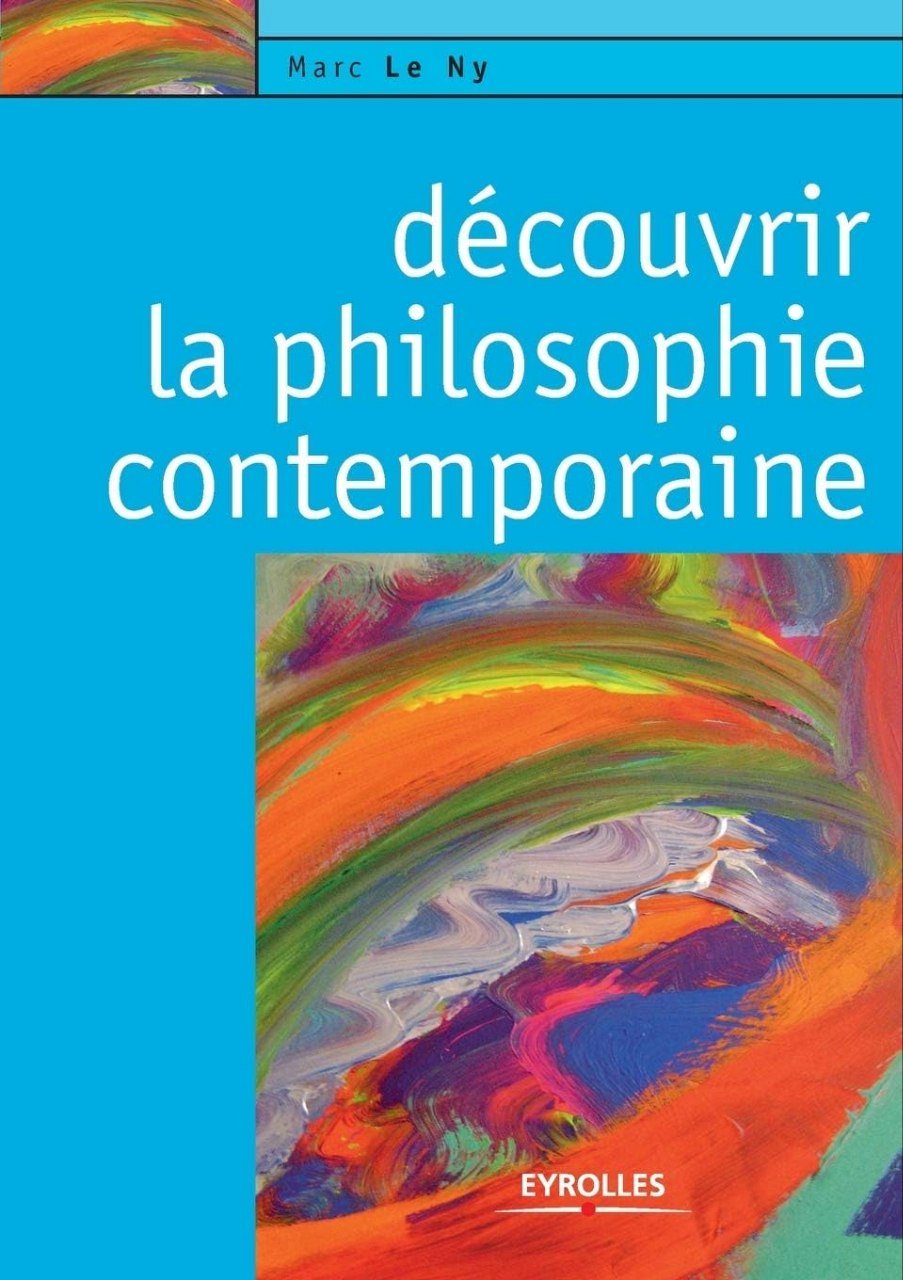
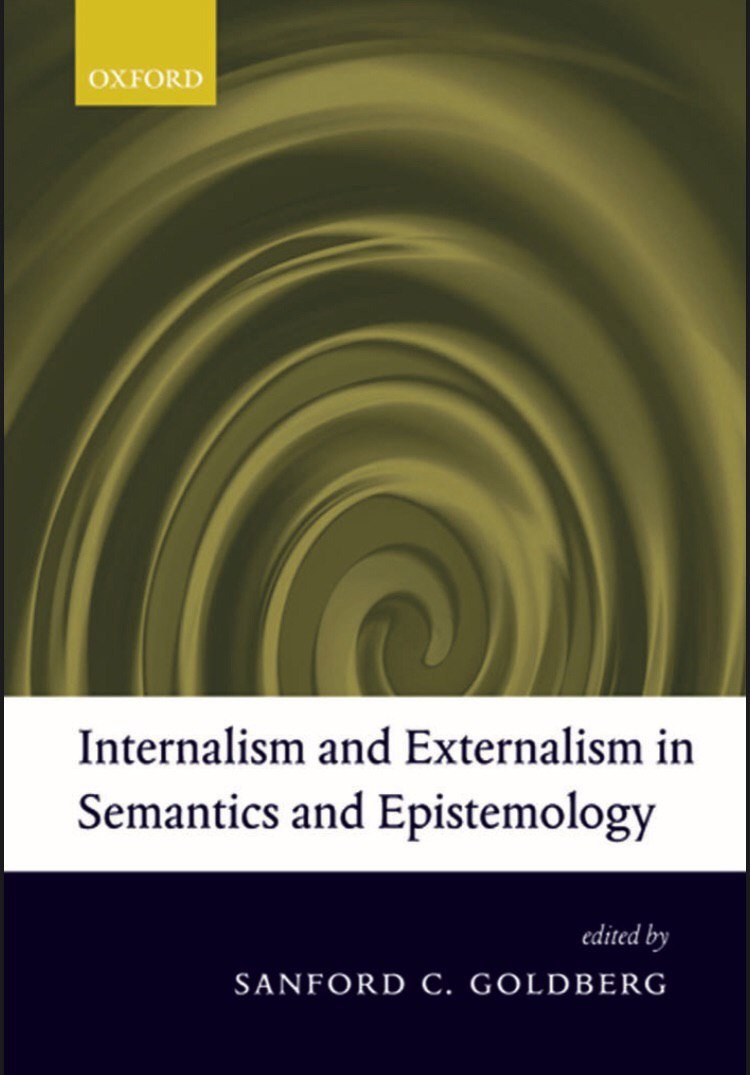
Internalism and Externalism in Semantics and Epistemology
Reviews
No review yet. Be the first to review this book!
Description
Internalism and Externalism in Semantics and Epistemology by Sanford C. Goldberg is a compelling and analytically rich exploration of two foundational debates in contemporary philosophy: the tension between internalist and externalist perspectives in both the philosophy of language (semantics) and the theory of knowledge (epistemology). Goldberg's central aim is to bridge these seemingly parallel but often separately treated debates, showing that they are more deeply interconnected than traditionally recognized. In semantics, internalism typically holds that meaning is determined by factors internal to the speaker—like their beliefs or intentions—whereas externalism argues that meanings are partly determined by external factors, such as the speaker’s environment or the causal history of word use. Similarly, in epistemology, internalism claims that the justification for a belief must be accessible to the subject's conscious reasoning, while externalism maintains that justification can depend on factors beyond the individual's awareness, such as the reliability of the belief-forming process. Goldberg’s book explores how these debates overlap, particularly in how beliefs gain meaning and justification. He examines the epistemic significance of content externalism—the view that external factors partly determine the content of one’s thoughts—and how this affects traditional internalist constraints on justification and knowledge. For instance, if what one believes is partly determined by the environment, does this undermine one's ability to know or justify their own beliefs without appealing to external factors? Throughout the book, Goldberg offers a nuanced defense of a moderate externalism, arguing that external factors must be acknowledged in both semantics and epistemology, but without dismissing the value of internal access or cognitive responsibility. He proposes that we can craft an account that respects the role of the external world in shaping our thoughts and knowledge, while still holding individuals epistemically responsible in a meaningful way. In doing so, Goldberg brings together insights from major figures in both fields—like Putnam, Burge, Goldman, and others—while proposing a coherent framework that explains how meaning and justification interact in real cognitive agents. Internalism and Externalism in Semantics and Epistemology is not only a technical and scholarly achievement but also a philosophically integrative work that reshapes how we think about mind, meaning, and knowledge in the 21st century.





















.jpeg)


.jpeg)






.jpg)





.jpg)


.jpeg)
.jpg)
.jpg)
















.jpeg)

.jpeg)
.jpg)















.png)

.jpg)







.jpg)

.jpg)

